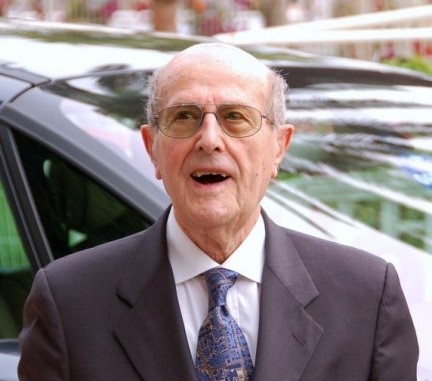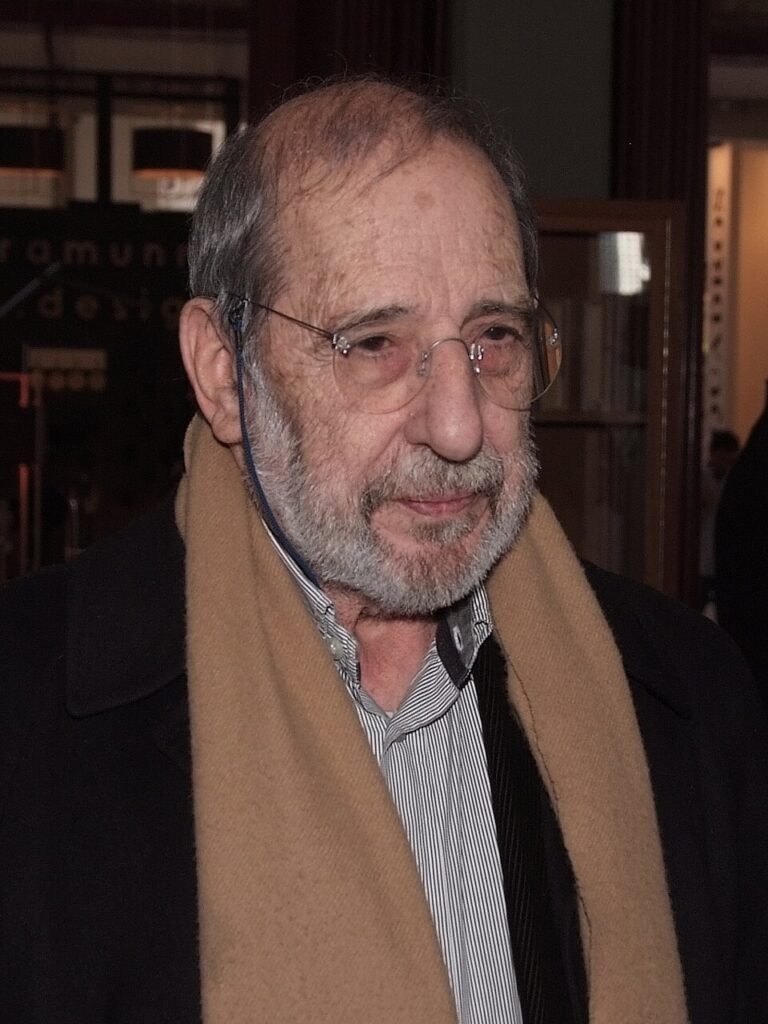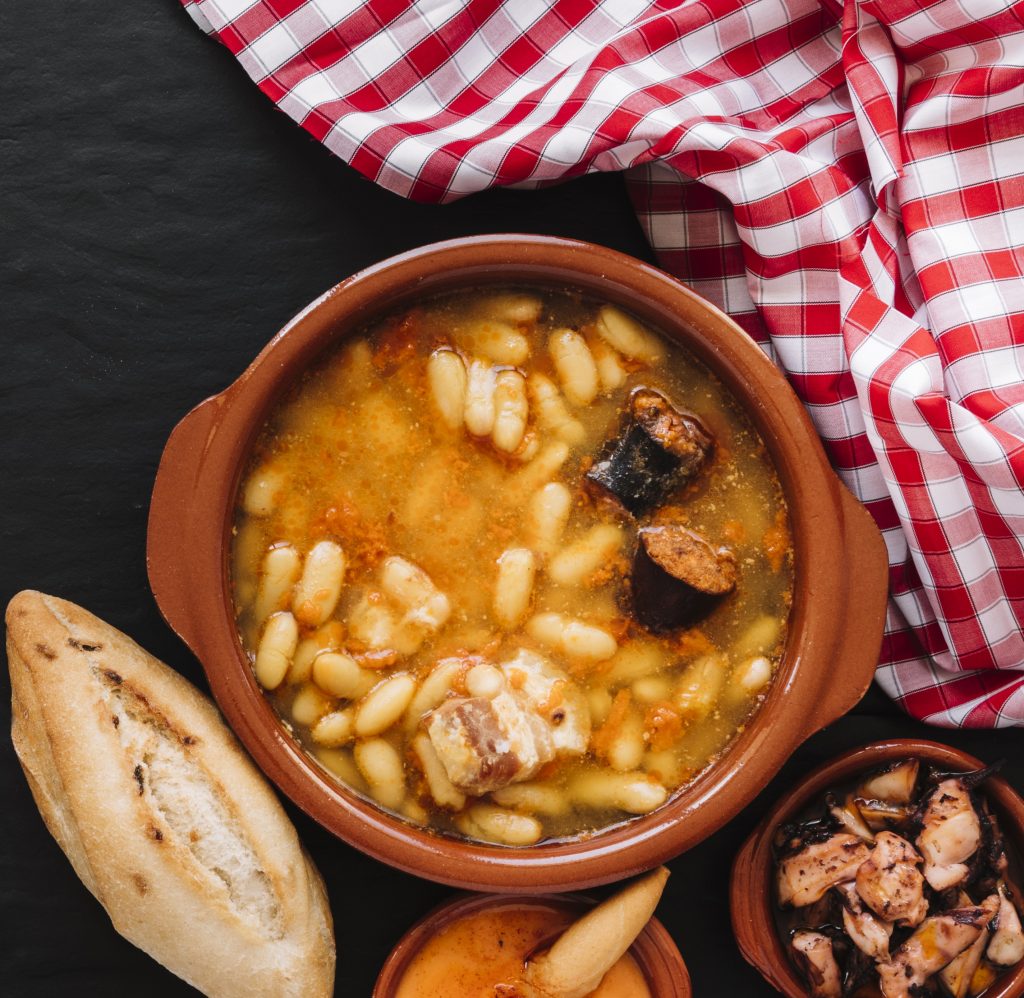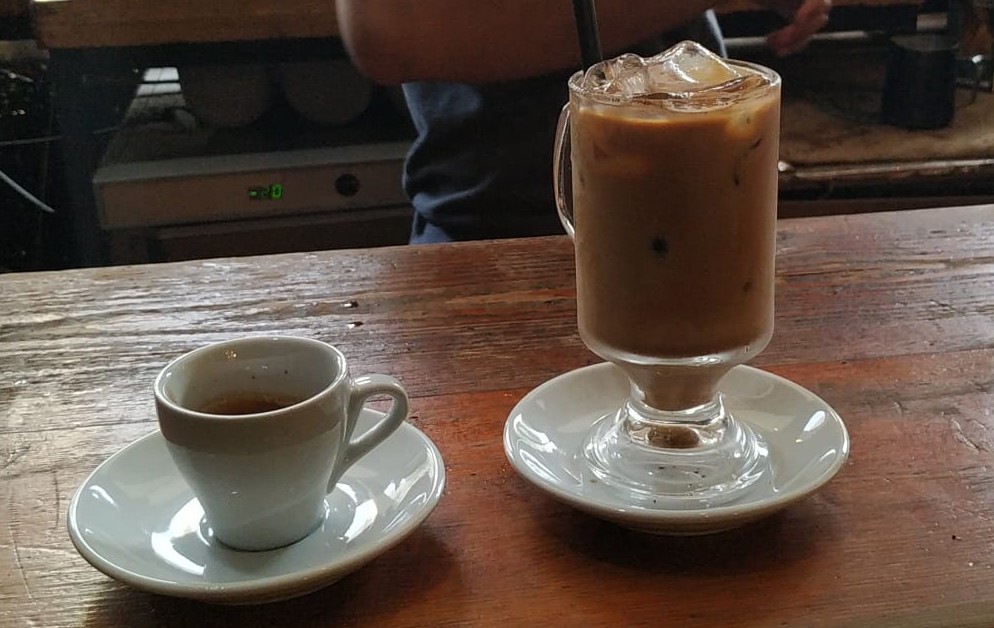Manoel de Oliveira was an internationally renowned Portuguese filmmaker with a career covering more than 80 years. Born in 1908 in Porto, Oliveira became one of the most enduring filmmakers in history, continuing to work actively until his death in 2015, aged 106.
Oliveira began his career in cinema in the 1930s, initially as an actor and later as a director. His first work, a short film, Douro, Faina Fluvial, from 1931, is a poetic documentary about life along the Douro River. The film already demonstrates the style that would mark all of his work, a combination of realism and lyricism. During the 40s and 50s, his career showed a relatively modest production, with only a short set of works; However, from the 80s onwards, it became extremely productive, presenting almost one film per year until the end of his life and career. His style definitively defines itself and is characterized by a contemplative, theatrical style, with long sequence shots and philosophical dialogues. Among his most recognized films we can find Aniki-Bobó from 1942, a pioneering and reference work of the neorealism in Portugal, and Vale Abraão from 1993, an adaptation of the masterpiece by Agustina Bessa-Luís.
Manoel de Oliveira was widely recognized for his contribution to cinema, receiving several awards and honours throughout his long life, including the honorary Palme d’Or at the Cannes Film Festival in 2008. His name and his work remain, even today, as a reference of cinema as art and art as life.



